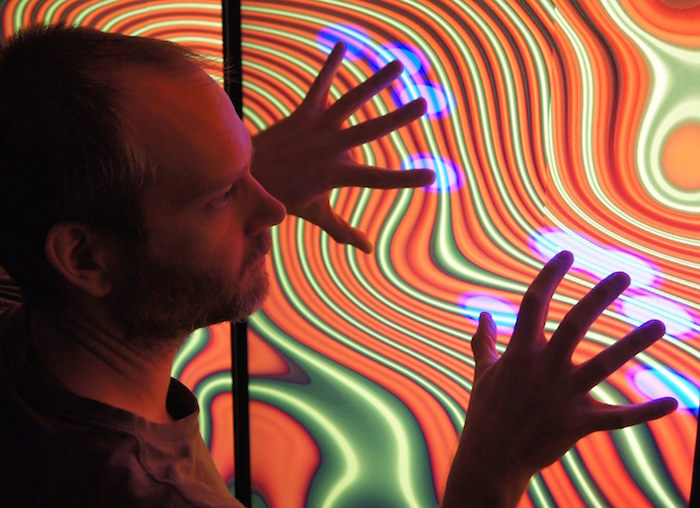Compose :: Melbourne Speaker - Andrew Sorensen
Compose :: Melbourne will feature many excellent speakers. One of this year's lineup is Andrew Sorensen. If you want to see the whole lineup look here!
9:30am - Andrew Sorensen

Keynote - Sound Synthesis in the Computational Crucible
A crucible allows base metals to be mixed together at high temperatures to form alloys. Medieval alchemists used crucibles to mix an astonishing variety of substances together in the search for new materials. While Alchemy is often derided for its informal approach, early Alchemists paved the wave for modern chemistry, and included Newton and Boyle among their number.
Just as the crucible encouraged an experimental and experiential approach to understanding the world, so too the computer can provide a computational crucible. Code can be mixed and brought to great temperature in the search for greater understanding and new discovery.
Using his own Extempore programming language Andrew will provide a 'live' introduction to sound synthesis, building up the core components of a real-time digital synthesizer on-the-fly 'in the computational crucible'.
About Andrew Sorensen
Andrew Sorensen is an artist, a programmer, and a computer scientist. His interests are diverse, but unify under a common theme - the programming language as an interface for real-time dialogue between human, machine, and environment. In exploring these ideas Andrew is as likely to be found hacking code in nightclubs as steering scientific codes on distributed high performance computing clusters. Andrew is well known for creating the programming languages that he uses in live performance to generate audiovisual theatre. He is the author of the Extempore programming language - a systems programming language designed for high-performance 'live' programming.
